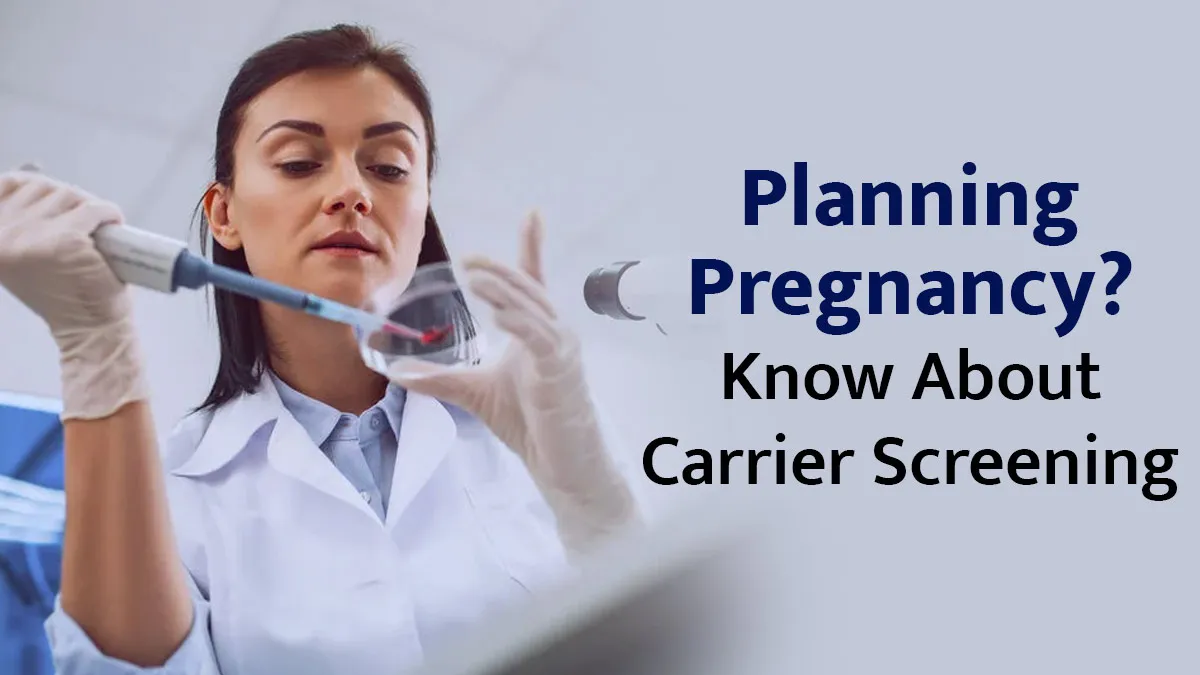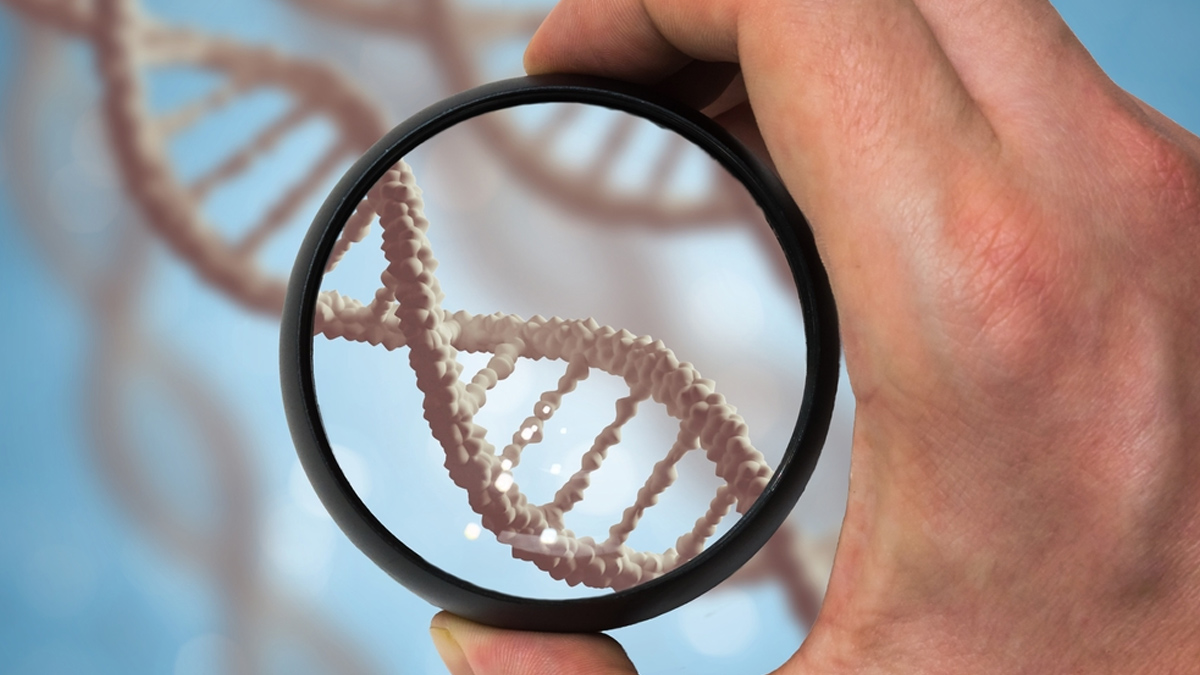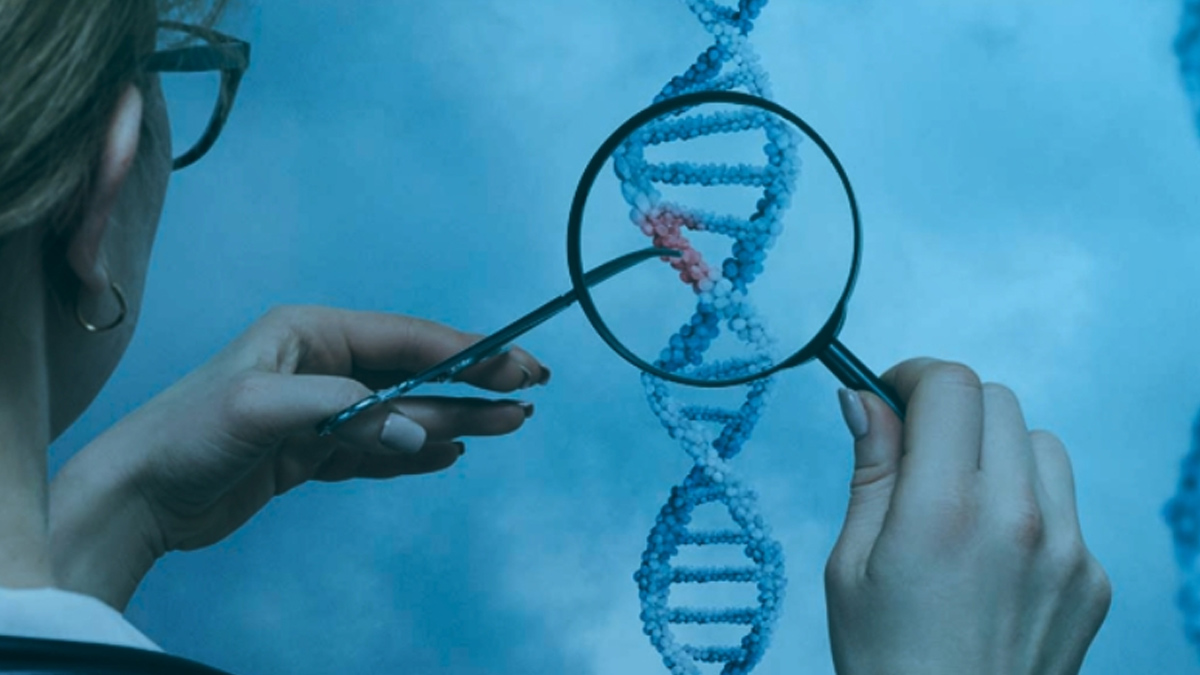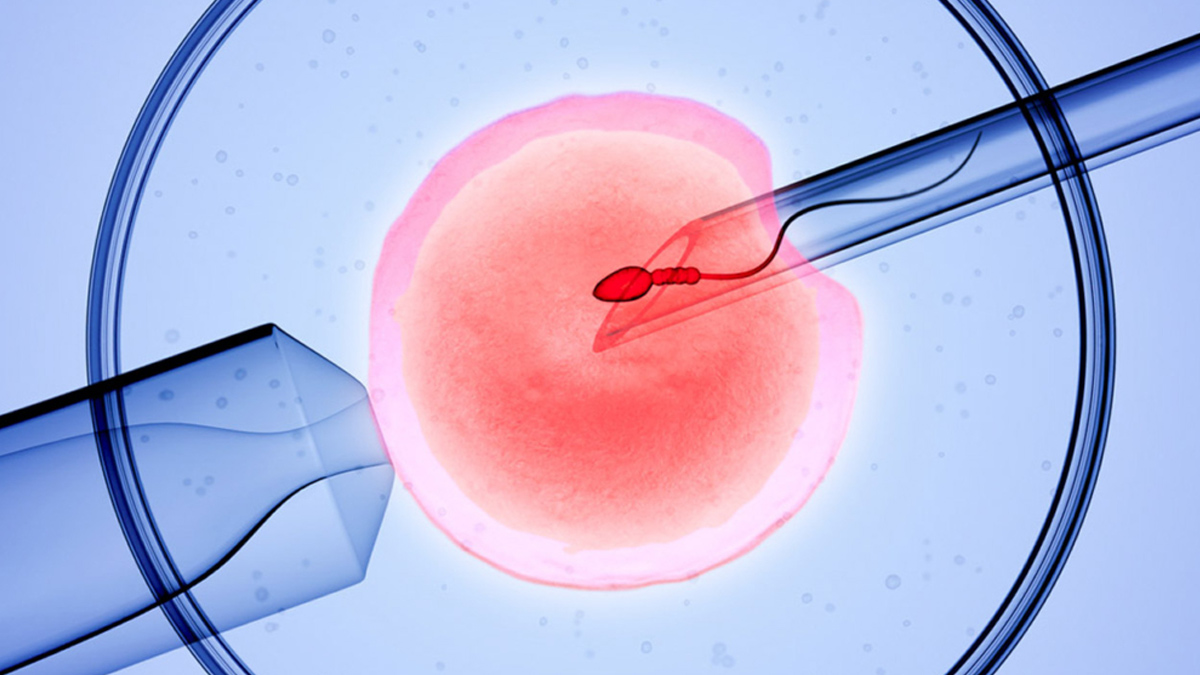
Ever caught yourself thinking about what you might pass on to your future baby? When you're fantasising about cradling a healthy infant in your arms, this concern may catch you off guard. Most couples make good decisions; they clean up their diet, take vitamins, and schedule regular checkups before conception. But there's one thing many don't even consider, even though it would make a profound difference: genetic carrier screening. Read ahead to know what this is and why you should care.
Table of Content:-
What is Carrier Screening and Why Should You Care?![Carrier Screening in ivf 1 - 2025-07-28T133739.178]()
Carrier screening is a basic genetic test. It tests if you or your partner has specific genes that lead to inherited diseases. Megha Garg, Fertility Expert at Birla Fertility & IVF, Dwarka, explains, "Most couples who are trying to have a baby pay attention to healthier lifestyles and regular checkups, but not carrier screening. This single test has the ability to totally transform your conception process."
Here's the catch: you can feel and look healthy, yet still possess genes responsible for severe diseases. These genes typically won't surface unless both parents pass these genes to a child. Discovering them early provides you with choices, potentially, life-altering ones.
ALSO READ: Can You Have Sex During IVF? What Fertility Expert Recommend
Who Should Consider Carrier Screening?![who should consider Carrier Screening 2 - 2025-07-28T133735.020]()
Not certain if this is for you? Megha Garg suggests there are three main circumstances when you ought to consider it:
1. Family History of Specific Medical Conditions
If you or your partner has a family history of genetic diseases such as:
- Thalassemia
- Cystic fibrosis
- Spinal muscular atrophy
- These are conditions that will alter daily life for your child forever.
Megha Garg clarifies, "Carrier screening can inform you whether you and your partner are both carrying a gene for a condition. If you both are, consulting with a fertility specialist becomes crucial." If necessary, your physician can recommend treatments such as:
- IVF with preimplantation genetic testing (PGT). This allows selecting embryos free of the defective gene, providing your future child with a healthier beginning
- Donor eggs or sperm
- Adoption
2. Unexplained Miscarriages or Infertility![pregnancy Carrier Screening 5 (18)]()
Sometimes, couples have been trying for a year or longer but still aren't able to have a baby, and there's no apparent reason. For women 35 and older, this period is typically six months. If that's you, carrier screening may provide answers you never thought of.
In addition, if you're already undergoing IVF, physicians may recommend PGT to scan your embryos for genetic disease. Knowing about potential problems early on allows you to make wiser, more optimistic decisions.
3. Consanguineous Marriages
If you and your mate are blood relatives, even as second cousins, the likelihood that you each carry particular gene mutations increases. What that implies is a greater risk that your offspring might inherit a severe disease.
Megha Garg summarises well: "Carrier screening informs couples. You can consider choices, from spontaneous conception to IVF with genetic analysis or donor gametes, depending upon what you learn."
So, When Do You Get Carrier Screening?![Carrier Screening pregnancy 4 - 2025-07-28T133741.724]()
- Before you begin trying to get pregnant.
- As early as possible, if any of the risk factors listed above apply to you or your partner.
- If you've had two or more miscarriages, or "unexplained" infertility.
- Before you start fertility treatments such as IVF, timing allows for making good choices early on.
What If the Test Reveals Something?
If screening indicates that you or your partner has a gene for a disorder, don't worry. Physicians and genetic counsellors will guide you through possibilities, including:
- IVF with embryo testing
- Donor eggs or sperm
- Prenatal screening during pregnancy
- You'll get to make informed, considered decisions, before, not after, your child is born.
The Takeaway
Carrier screening is more than just another test. It’s about knowing what might be hidden in your genes, and making sure you’re prepared before bringing a child into the world. As Megha Garg says, “It’s a small step that can make a big difference, helping your child start life on the healthiest footing possible.” Make it part of your pre-pregnancy plan, right alongside the vitamins and checkups. Your peace of mind and your baby are worth it.
Also watch this video
How we keep this article up to date:
We work with experts and keep a close eye on the latest in health and wellness. Whenever there is a new research or helpful information, we update our articles with accurate and useful advice.
Current Version


-1753691307323.jpg)
